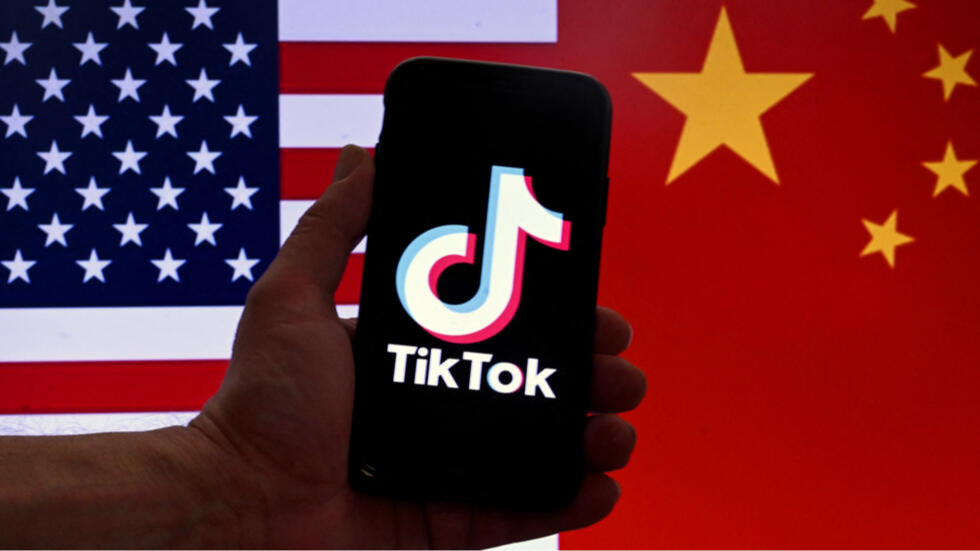By The CNN Business
TikTok intensified its criticism of the Biden administration on Thursday regarding legislation that could potentially bar the app from operating in the US. In a court filing, TikTok argued that forcing the app to find a new owner could isolate US users from global content, likening it to living on a content "island." The filing also revealed a previously undisclosed draft agreement between TikTok and the US government aimed at addressing national security concerns, which TikTok claims was abandoned in favor of legislation it believes violates the First Amendment.
This legal challenge marks TikTok's initial move in a pivotal case that not only determines the fate of its 170 million American users but also shapes interpretations of the First Amendment in online speech. TikTok contends that divesting from its Chinese parent company ByteDance by the mandated 2025 deadline is technologically, commercially, and legally unfeasible. Even if divestiture were possible, TikTok argues, it would severely diminish the platform, stripping away its innovative technologies and isolating American users from the global TikTok community.
The legislation TikTok is contesting prohibits data-sharing agreements necessary for displaying international TikTok content to US users, the company asserted. This claim echoes concerns raised by TikTok content creators, who argue that the law would restrict their ability to express themselves freely and receive others' speech, thus infringing on their First Amendment rights.
TikTok emphasized the existence of the draft agreement with the Committee on Foreign Investment in the United States (CFIUS) as pivotal evidence. The agreement, which underwent extensive negotiations and meetings over several years, could potentially have met national security goals without resorting to divestiture or a ban. TikTok's filing suggests that senior US officials abruptly demanded divestment without adequately explaining why the draft agreement was deemed insufficient.
The filing also disclosed details of "Project Texas," TikTok's initiative to segregate US user data from its global operations, as outlined in the draft agreement. TikTok stated it has invested $2 billion in implementing this project voluntarily. The company underscored the support of a former CFIUS official, Christopher Simkins, who affirmed that the proposed measures would effectively mitigate national security risks to a low level.
The outcome of this legal battle will likely hinge on whether the legislation imposing divestiture or a ban on TikTok stands constitutional scrutiny, and whether the Biden administration overlooked less restrictive alternatives in pursuit of national security goals.



